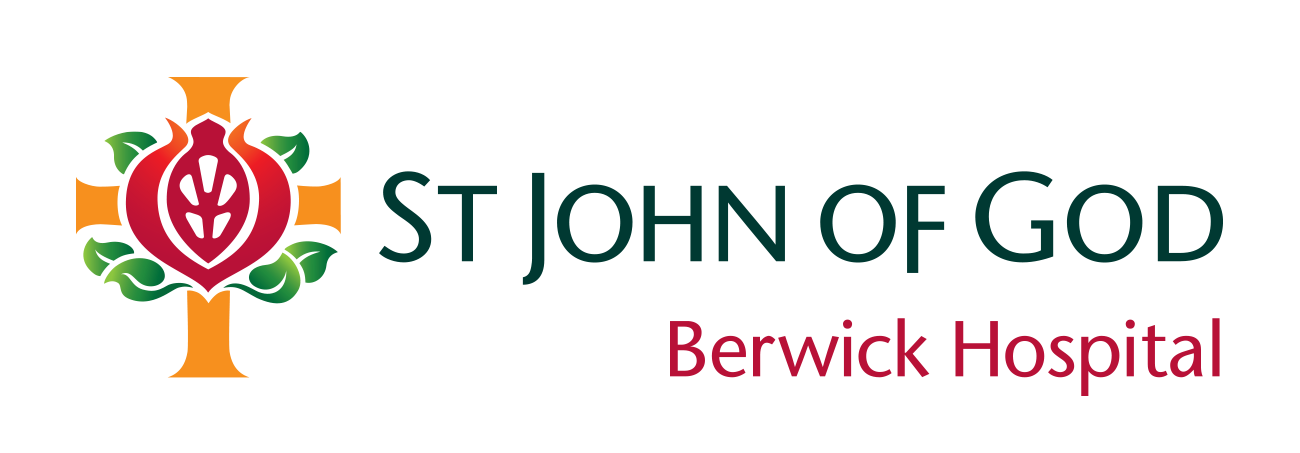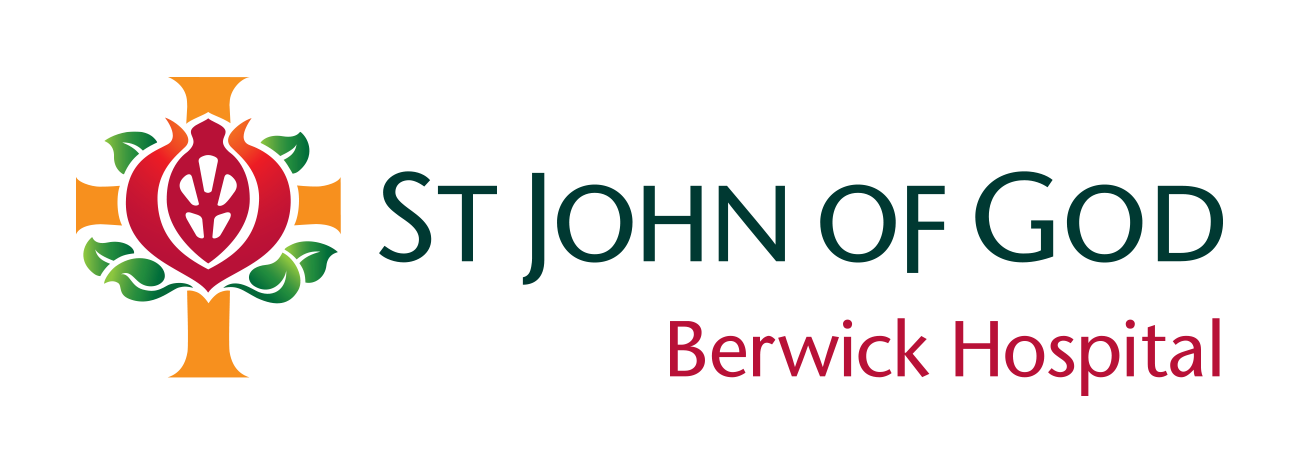A new way to help women with endometriosis: Doctors working together for better care
For women living with severe endometriosis, life can be tough. The condition causes pain, tiredness, heavy bleeding, digestive issues, and sometimes problems with getting pregnant.
28 Feb 2025

Endometriosis happens when tissue similar to the lining of the uterus grows outside of the uterus, affecting other organs like the ovaries, fallopian tubes, and in some cases, the bowel and bladder.
St John of God Berwick Hospital is one of the few hospitals in Melbourne’s south east offering specialised care for women with severe endometriosis. The hospital is improving treatment by bringing doctors together from different specialties to work collectively to deliver a single solution to a complex problem, conveniently located close to home for women in the south east of Melbourne.
A gynaecologist takes the lead in treating endometriosis, but sometimes it also needs the expertise of a colorectal surgeon if it involves the bowel, or a urologist if it involves the urinary system, depending on the case.
At St John of God Berwick Hospital, Gynaecologist Dr Saj Rathnayake and Colorectal Surgeon Mr Hanumant Chouhan have successfully worked together to treat women with severe endometriosis. This teamwork helps make treatment quicker, easier, and may result in less operations and hospital stays for the patient. If required, both surgeons are highly experienced and can use the hospital’s da Vinci robot for complex cases.

“Endometriosis is complex and can affect many organs in the body,” says Mr Chouhan.
“That’s why it’s important for different specialists to work together. Our goal is to allow the patient’s body to heal quickly with less pain and discomfort.”
Dr Rathnayake adds, “By teaming up, we can offer a wider range of treatments, making it faster and easier for patients to get the relief they need. Women don’t have to suffer longer than they need to.”
The team uses keyhole surgery to treat endometriosis. This type of surgery uses small incisions and a camera to allow the surgeon to see inside the body. Given that pelvic organs are tightly packed, this approach allows surgeons better access to perform the procedure with minimal disruption to the surrounding tissues. It can result in less pain, quicker recovery, and allows women to get back to their normal activities much faster.
In one case, a 32 year old woman had been living with intense pelvic pain for over 10 years due to severe endometriosis. After working with other specialists, the team was able to remove the tissue causing the pain. The patient no longer needed pain medication and was able to return to work and normal activities without the constant pain.
“Help is available for women with endometriosis, and they don’t have to keep suffering,” Mr Chouhan said.
“With this team approach, we can offer solutions that improve their quality of life.”
Dr Rathnayake agrees, “We’ve seen women who were told they couldn’t have children because of their endometriosis. After treatment, some of them were able to get pregnant naturally or with IVF within a year. There are definitely better options out there, and it’s worth talking to a GP about them.”
Women who are struggling with endometriosis should speak to their GP to get a referral to a gynaecologist. For more information or to make an appointment with Dr Saj Rathnayake, visit his Find a Specialist profile on the St John of God Health Care website.
You may be interested in...

